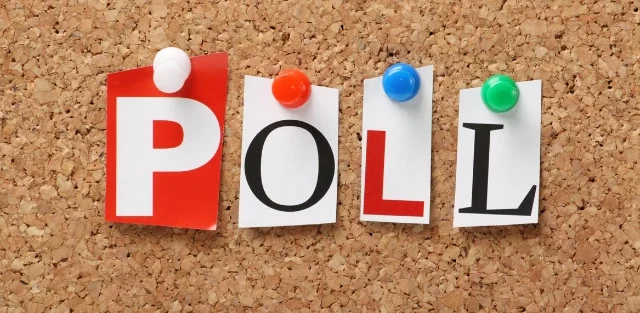In the intricate tapestry of taxation history, few levies have stirred as much controversy and social upheaval as the poll tax. Although largely a historical artifact in its purest form, its legacy has a profound impact on our understanding of fiscal policy, social justice, and the foundations of democratic participation. This form of taxation, by its very nature, has always had important implications for both social equity and the principles of democratic governance. At AI Tax Consultants, we believe that understanding different tax concepts, even historical ones, provides important context for defining the principles of a fair and efficient tax system today.
What is a Poll Tax?
First, at its core, a poll tax (also known as a head tax or capitation tax) is a fixed amount of money that is levied equally on every individual, regardless of their income, wealth, or ability to pay. Unlike progressive taxes, where higher-income earners pay a higher percentage, or regressive taxes that disproportionately affect lower-income earners through consumption, a poll tax demands exactly the same amount from everyone. This flat-rate imposition, by definition, makes no allowance for economic circumstances, which is in direct conflict with modern principles of equal taxation.
Historical Context and Rationale
The origins of the poll tax, then, can be traced back to ancient times, appearing in different forms in different civilizations. Historically, it was sometimes used to raise emergency funds, finance wars, or simply to ensure that every subject contributed to the sphere. In some contexts, it was linked to the right to vote, which effectively acted as a barrier to suffrage. The flawed argument was often made that everyone benefits from government services and should therefore contribute equally. However, this superficial equality often masks deeper injustices, as it fails to take into account the vast disparities in individual financial capacity.
Impact on Society: Economic Injustice
Furthermore, the social impact of the poll tax has been one of significant economic injustices almost universally. Because it demands the same amount from everyone, it places a disproportionately greater burden on the poor, who spend a much larger share of their income on meeting this imposed obligation than the rich. It can push already vulnerable populations deeper into poverty, creating inevitable traps of debt and deprivation. Historically, the imposition of poll taxes has often sparked widespread social unrest, protests, and even violent uprisings, as communities resisted what they perceived as an unfair and intolerable burden. The famous Peasants’ Revolt in medieval England serves as a clear historical example of such a response.
Impact on Democracy: Disenfranchisement and Inequality
Furthermore, the poll tax has often been used as a tool for deliberate political disenfranchisement, with profound implications for democratic participation. In various historical contexts, particularly in the post-Reconstruction Southern United States, it was specifically enacted as a requirement for voting, effectively preventing African Americans and poor whites from exercising their right to vote. By creating a financial barrier, it undermined the principles of representative government, silencing the voices of those who were economically disadvantaged. This deliberate suppression of voting rights distorted the democratic process, entrenched social inequality, and eliminated civic participation for large segments of the population.
Why Understanding the Poll Tax Matters Today
Finally, while the poll tax is rare in contemporary tax systems in its explicit form, understanding its historical application and profound negative effects is highly relevant. It serves as a powerful reminder of the importance of fair tax principles, particularly the concept of “ability to pay.” It underscores why modern democratic societies largely support progressive tax structures and seek to avoid policies that place unnecessary burdens on the most vulnerable. For us at AI Tax Consultants, a full grasp of such historical concepts reinforces our commitment to providing tax advice that is consistent with equitable and sustainable fiscal practices, focusing on modern, fair systems that support economic stability and broad participation, rather than creating barriers. Lessons learned from the poll tax continue to inform the debate about equity and fairness in contemporary fiscal policy.
FAQs:
- What is a Poll Tax? The blog defines a Poll Tax as a fixed sum levied uniformly on every individual, regardless of their income, wealth, or ability to pay, differing from progressive taxation.
- How did the Poll Tax impact society and democracy? The article explains its impact through economic injustice (disproportionate burden on the poor, social unrest) and democratic disenfranchisement (used as a barrier to voting rights for marginalized groups), undermining representative governance.
- Why is understanding the Poll Tax relevant today? Understanding the Poll Tax is relevant today as it provides critical context for principles of fair and equitable taxation, reinforcing the importance of tax systems based on ability to pay and broad civic participation.





